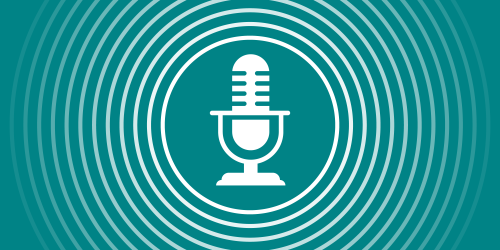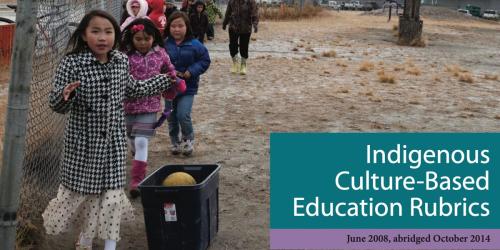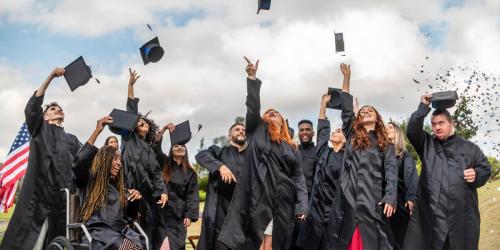Ensure smooth transitions for all incoming kindergarten students and their families with recommendations in this white paper and "taking action" worksheet.
The presence of traumatized children in our schools is nothing new, but research now shows us how we, as educators, can moderate the effects of trauma on students' ability to learn.
Find out about the progress community colleges in Oregon are making to support students who are traditionally required to take developmental education courses and face a high risk for not graduating from college.
Roughly one-third of students who did not file a FAFSA, would have been eligible for a Federal Pell Grant, which provides aid for low-income undergraduate students and lowers the costs of college.
Spearheaded by GEAR UP Hawai'i, the Step Up Scholars program was a statewide campaign that encouraged Hawai'i public school students to earn a more-rigorous high school diploma.
This guide provides basic information for families of English learners and helps you talk with your child’s school, ask the right questions, and support your child on their journey as an English learner.
One form of bullying, harassment, or discrimination often can lead to another. This guide uncovers similarities in the causes, types and responses to different forms of bias and the legal aspects of this problem.
Addressing the unique needs of students from diverse backgrounds is one of the major challenges facing public education today because many teachers are inadequately prepared.
The Institute for Youth Success (IYS) has been supporting youth programs since our inception as the Oregon Mentoring Initiative in 2002.
This brief outlines steps district and school leaders can take to expand science, technology, engineering and mathematics opportunities for students through school-community partnerships.
A publications that provides training for use of the Indigenous Culture-Based Education Rubrics, which were originally developed to measure culture-based education (CBE) program levels in partner schools.
Findings show that completing developmental education courses in reading and writing leads to an increase in earnings, suggesting that developmental education English credits may improve individuals’ employability.
This report explores the implementation and signs of progress of Oregon Promise in its first year.
This study spotlights the promises and challenges of a high school-community college collaboration in Hawaii, the goal of which is to better prepare secondary students for postsecondary success.
Creating and enforcing a clear and equitable discipline policy plays an important role in ensuring that all students are afforded the opportunity to reach their full potential.















